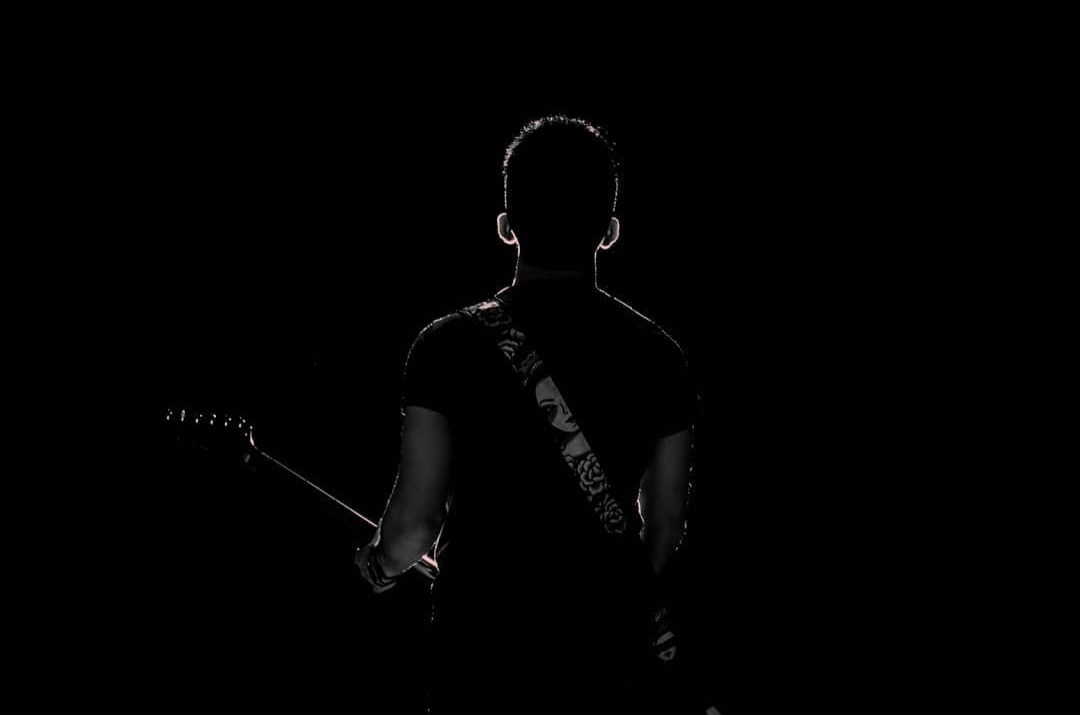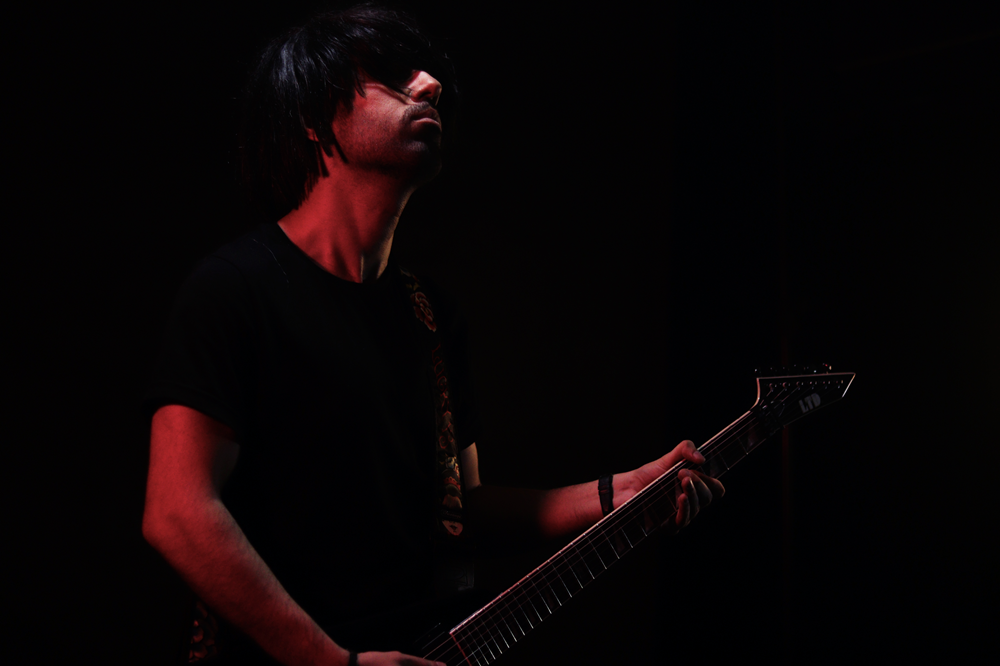Early Beginnings: The Spark That Lit My Passion
When I was ten, I’d sneak headphones onto my ears and blast the Gypsy Kings or Chris de Burgh on repeat. Those flamenco guitars and heartfelt vocals felt like magic—I didn’t know it then, but that was the spark. Later, discovering Bob Rock’s work with metal bands and Rick Rubin’s minimalist magic made me think, “Wait, there’s someone behind the console making this sound happen?” I wanted that spot. Fast-forward a few years: I’m Rey, chilling in my studio, living my dream.
Learning Curve and Gear (Bedroom Producer Essentials)
The Free DAW Days
Before any money hit my bank account, I was hunting down free DAWs (I honestly can’t remember which one—something rudimentary) and plugging in a cheap headphone and sound card to record. My “studio” was literally my bedroom. I’d layer drum loops, record my own vocals, and try to bend EQ until it sounded halfway decent. Every mix was a learning moment.
Cubase 8 and Zero Hardware
Saving up for Cubase 8 was a milestone. Suddenly, I could run multiple tracks, tweak automation lanes, and stack plugins. But hardware? No. Just me, my Cubase 8, a pair of headphones, and a simple sound card. That minimal setup—despite feeling limiting—forced me to innovate. When you don’t have a fancy interface or expensive monitors, you get creative: learning to mix “blind,” trusting your gut, and referencing on every device you could.
How I Learned: YouTube, Trial-and-Error, and the Value of Guidance
YouTube tutorials became my unofficial music school. I binge-watched everything from “Mixing Metal Guitars 101” to “How to Sidechain in EDM.” After each tutorial, I’d spend hours replicating the technique, tweaking it, and then inevitably failing but the point that changed my career was when I met my mentor. He was the turning point of my journey—like going from 0 to 100 very fast. At that moment, after ten years of mixing, I realized I knew nothing. He showed me impossible things, and I owe him my career.
First Paid Gig and Building Trust
Finding Robobun Through My Vocal Coach
When I was ready to step up, I needed a singer. I messaged my vocal coach—someone I’d trained with for two years—and she connected me with Robobun. She needed a producer, I needed a vocalist. We clicked instantly and created “Red Dream,” our first co-produced modern metal EP. it was enough to show Robobun that I was serious. From that point on, she trusted me to handle her music, which led to more projects and referrals.
The Power of Referrals
Word-of-mouth is everything in music production. Being professional, communicative, and collaborative—those traits earned me repeat clients. Simultaneously, sharing snippets of my mixes on social media (especially YouTube reaction videos) kept my name in people’s minds. Eventually, bands started reaching out because they’d seen my work online or heard someone recommend me.
Overcoming Imposter Syndrome and Financial Challenges
I gave myself a six-month runway: I saved enough to cover rent and bills, then told myself, “Rey, for the next six months, treat this like your 9-to-5. Work 16 hours a day, share your music, and make people notice you.” The first four months were brutal—zero income, nothing but late nights and caffeine. But around month five, I landed my first mixing check. Seeing that payment hit was a game-changer. Even now, self-doubt creeps in, but I remind myself that every pro I admire once started at zero.
Sacrifices and Support: Balancing Life and Hustle
Before all this, I’d scroll Instagram for six hours a day. Once I decided to commit, there was no need for “cutting back”—I simply didn’t have the time. My days became a loop of work, relationship, and family. sure: I miss friends’ ragers or late-night Netflix binges, but if you love what you do, those choices become easy.
Reinvesting Earnings and Building an Online Presence
When that first paycheck arrived, I made two promises: (1) Only buy plugins I would actually use, and (2) Invest in my brand. I resisted impulse-shopping every shiny plugin that popped up. Instead, I spent money on my website—a sleek hub where potential clients could hear my portfolio and see testimonials. That professional online presence turned curious clicks into booked sessions.
Daily Habits and Routines (Flexibility Over Rigid Structure)
I don’t swear by a “5 AM Morning Routine” app—I just let creativity lead. If I have a mixing deadline, I dive in first thing. Otherwise, mornings might be for writing or production, afternoons for YouTube content (reactions, plugin reviews, tutorials).
When inspiration strikes, I roll with it—whether that’s filming a reaction video or sketching a riff.
Trust the Process: Don’t Lose to Time or Impatience
I’ve learned that success in music (and in life) isn’t a sprint—it’s a marathon. There were moments when I wanted instant validation: “Why isn’t that plugin rental working?” or “Why haven’t I hit a million views yet?” Trust me, I’ve been there. But every step—every small win or failure—matters. If you start doubting because it’s taking too long, remember: the process builds resilience, shapes your style, and tests your passion. Impatience often leads to shortcuts that hurt more than help. Instead, set realistic goals, celebrate tiny milestones (like your first paid gig or your first 100 YouTube subscribers), and remind yourself that “overnight success” is usually years in the making.








